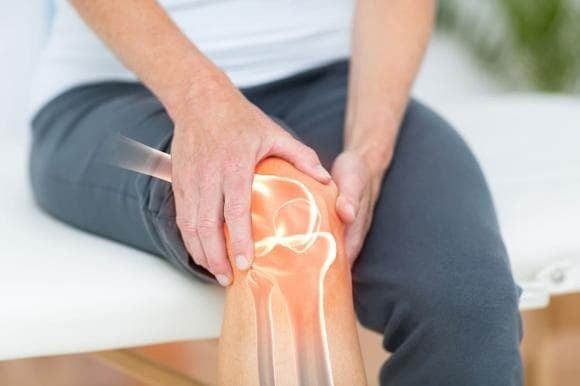Certain beverages commonly consumed in daily life can be stealthy culprits, severely compromising bone density over time. Here are three such examples:
1. Alcohol
Excessive alcohol consumption not only affects the nervous system and liver but also directly harms your bones. Alcohol reduces bone mineral density, inhibits new bone formation, and increases the risk of fractures. Additionally, alcoholics may experience slower bone recovery in the event of a break. To protect your bone health and overall well-being, it is best to minimize alcohol intake, especially frequent or excessive drinking.

2. Coffee
A favorite drink for many, but excessive coffee consumption can pose a risk for osteoporosis. Caffeine can interfere with calcium absorption in the intestines while promoting its excretion through urine. This leads to calcium deficiency, weakening bones, and increasing their vulnerability. High caffeine intake is also linked to muscle contractions and pain. To maintain healthy bones and joints, limit your daily coffee intake to 2-3 cups.

3. Carbonated Soft Drinks – The Silent Enemy of Bones
According to Endocrinologist Felicia Cosma, a clinical professor at Columbia University (New York), carbonated soft drinks accelerate calcium loss in the body, severely impacting bone health. Weekly consumption of these beverages can lead to reduced bone density and an increased risk of fractures. One reason is that soft drinks promote calcium excretion through urine. Additionally, they contain phosphoric acid, which disrupts the calcium-phosphorus balance, prompting the body to draw calcium from bones, making them weaker. The high refined sugar content also inhibits calcium absorption in the duodenum, exacerbating the deficiency of this essential mineral.
A study published in the American Journal of Clinical Nutrition in September 2014 found that individuals who consumed more carbonated soft drinks had a significantly higher risk of hip fractures. Therefore, for long-term bone health, it is advisable to minimize or eliminate carbonated soft drinks from your daily diet.
Is Coffee Your Secret Weapon Against Belly Fat? Brew Your Way to a Slimmer You.
Coffee has long been renowned for its ability to boost morale, enhance focus, and improve productivity. But did you know that this beloved beverage also harbors a remarkable secret? Coffee possesses an extraordinary potential to aid in fat loss, particularly the stubborn belly fat that plagues so many of us.



































